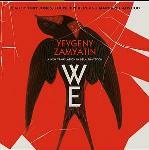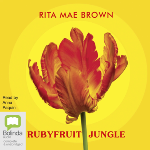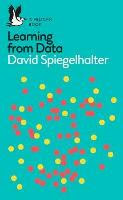How Does It Feel? A Life of Musical Misadventures
by Mark Kermode
"In 1975, armed with a homemade electric guitar and very little talent, Mark Kermode embarked on an alternative career - a chaotic journey which would take him from the halls and youth clubs of North London to the stages of Glastonbury, the London Palladium and The Royal Albert Hall."To enjoy this book you really have to like the author, who is one of the film critics I rely on for recommendations. I knew that he was in a skiffle band, but hadn't appreciated that he was one of those people who was always in a band of one sort or another from the time he could sing or hold an instrument. It was an easy book to read and just the right choice from the library.
The Scar
by China Miéville
narrated by Damian Lynch
"Aboard a vast seafaring vessel, a band of prisoners and slaves, their bodies remade into grotesque biological oddities, is being transported to the fledgling colony of New Crobuzon. But the journey is not theirs alone. They are joined by a handful of travellers, each with a reason for fleeing the city."This really wasn't my cup of tea despite some interesting ideas. The story wasn't quite good enough, and I didn't care about the characters, not the main protagonist nor even the one who tragically died towards the end. And, unusually, the narration was pretty poor and included words that weren't actually pronounced correctly. Only a few times, but enough.
The Boy Who Wasn't Short
by Edwin Kirk
"Human stories from the revolution in genetic medicine - a geneticist tells the stories of men, women, and children whose genes have shaped their lives in unexpected ways."I picked this up in the library - they don't stock many science books at all and don't even have a section for science. I think this was hidden in Biology. It's pretty good, worth a read.














